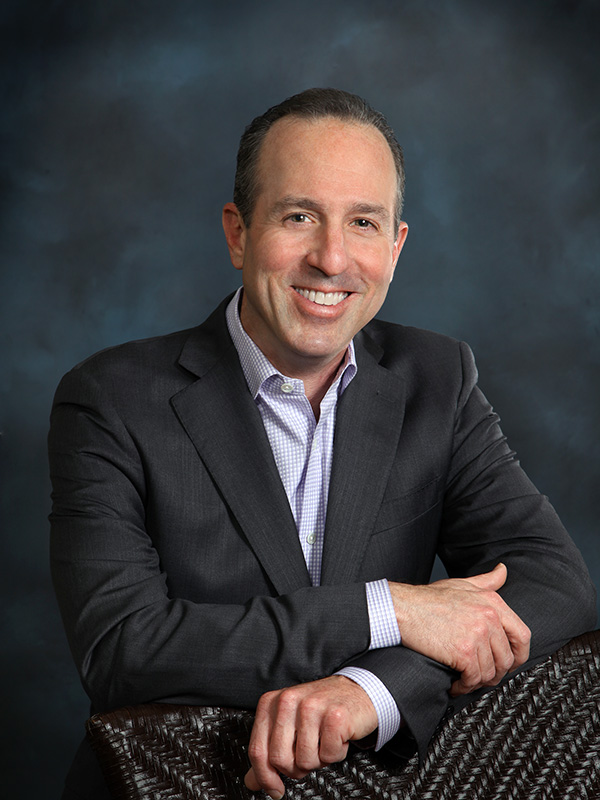Meniscus Surgeon

Are you an athlete who participates in sports that involve running and jumping? If so, you may be at risk of tearing your meniscus. A meniscus tear can occur due to a traumatic event or degeneration. Meniscus surgeon, Dr. Mark Getelman provides diagnosis and both surgical and nonsurgical treatment options for patients in Los Angeles who have sustained a meniscus injury. Contact Dr. Getelman’s team today!
Board Certified Knee Surgeon Discusses Meniscus Surgery
The mensci are c-shaped structures made of cartilage positioned between the femur and tibia of the knee and are located on the inner and outer aspect of the knee joint. The mensci act as shock-absorbers and distribute the stress load evenly across the knee during walking, running, jumping and participating in sporting activities. They help protect articular cartilage found on the ends of each bone.
At times a meniscus tear may occur during a traumatic event. Once torn, the meniscus loses its natural ability to properly function. The meniscus does not typically heal and surgical management is commonly recommended. Dr. Mark Getelman, orthopedic knee surgeon in the Van Nuys, Westlake Village, Thousand Oaks and Los Angeles, California area, is a leading expert in management of meniscal pathology.
While a very small peripheral meniscus tear may heal with non-surgical measures, most do not heal and require surgery is symptoms persist despite activity modification and a physical therapy program.
The recommended surgical treatment is based on the location and pattern of the tear. Dr. Getelman will perform a meniscectomy and resect the torn portion if the meniscus tear is located in the white zone. This is the innermost portion of the meniscus and does not have a blood supply thus making it nearly impossible to achieve healing. Most tears in this zone are smaller and maintain the peripheral rim allowing some preservation of meniscal function. The meniscectomy is designed to remove just the torn portion and any additional damage near the tear in a minimally invasive manner. Dr. Getelman aims to remove only the damaged area and leave as much healthy meniscus as possible. Making this determination can be difficult and is one of the most important reasons to seek a specialist with advanced training, experience and expertise. Dr. Getelman has performed approximately 5,000 of these procedures with an outstanding success rate and safety record.
For larger tears and those typically located in the peripheral third of the meniscus, a repair is typically recommended. These tears significantly disrupt the meniscal function and are more likely to lead to the development of osteoarthritis if left untreated. Tears in this area have better blood supply, thus called the red zone, and can often heal with a repair technique. During this meniscus surgery, strong sutures are placed across the meniscus tear to bring the damaged tissue back together. The sutures are then tensioned to secure the meniscus so it can heal. Dr. Getelman aims to preserve meniscal function as much as possible during repair. Most of the tears, particularly in older individuals do occur in the avascular white zone and will require the meniscectomy. Dr. Getelman will carefully review the MRI and advise at the time of the consultation whether a mensicectomy will be required or if a meniscal repair can be completed.
Meniscus Repair Protocols
Following meniscus surgery, the recovery is very different for meniscectomy vs. repair. Meniscectomy patients recover quickly and can immediately walk on the knee after surgery. Crutches are recommended for a few days for support and then physical therapy will be instituted. Return to activities of daily living and then sports is typically quick. With a suture repair, the recovery is slower and knee must be protected to allow the meniscus to properly heal. Dr. Getelman often recommends the use of a brace and crutches and weight bearing and range of motion may be limited for some time after surgery. Patients will then begin a detailed physical therapy program to regain joint strength and range of motion but return to sports may take several months.
For more information on meniscus surgery, or for additional information on non-surgical meniscus repair, please contact the Van Nuys and Westlake Village, California orthopedic office of Dr. Mark Getelman, board certified knee surgeon.
